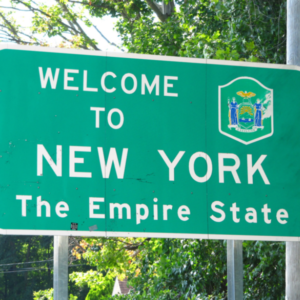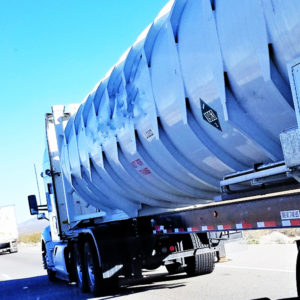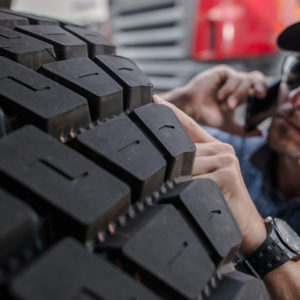California Motor Carrier Permit (CA/MCP)
$650
Save yourself time and effort, let FCCR handle your California Motor Carrier Permit filing. Our compliance experts are familiar with the California Operating Authority and ensure every detail is submitted correctly. By filing on your behalf, we eliminate costly mistakes and delays so you can stay compliant and focus on running your business.
Product Description
An MCP is required for:
• Any person or business paid to transport property in a motor vehicle (“For-Hire” carriers).
• Any person or business operating a vehicle with a Gross Vehicle Weight Rating (GVWR) of 10,001 pounds or more for business or personal use (“Private” carriers).
The Carrier Identification Number (CA#), also known as the California DOT Number, is issued by the California Highway Patrol as part of the Biennial Inspection of Terminals (BIT) Program. It verifies registration with the DMV under CVC Section 34620 and confirms the carrier meets all requirements to operate commercial motor vehicles within California.
No. All MCP filings are handled exclusively by the DMV Headquarters Registration Operations Division in Sacramento, California. Local DMV offices do not process MCP applications.
A Seasonal MCP, or Seasonal Permit, is issued to intrastate “For-Hire” carriers for a period between six and eleven months within a twelve-month term. Extensions may be requested for a small additional fee, but seasonal MCPs cannot be issued to interstate carriers.
Fees are based on fleet size and include:
• A Safety Fee
• One-twelfth of the Uniform Business License Tax (UBLT) for each month the permit is active
• A full Carrier Inspection Fee (CIF) paid once per seasonal term
Extensions cost $5 plus one-twelfth of the UBLT per month added.
The BIT Program requires carriers to maintain vehicles and safety records for inspection by the CHP. Terminals are selected based on performance data or the type of commodity transported, in accordance with California Vehicle Code §§34501 and 34501.12.
Operating as a motor carrier of property without an MCP is a misdemeanor that may result in fines up to $2,500, jail time of up to three months, and possible vehicle impoundment. Additional penalties may apply when applying for a new permit.
MCPs must be renewed annually by their original issuance date unless a non-renewal status has been granted.
Read More: What is a California Motor Carrier Permit and its Renewal Process?








